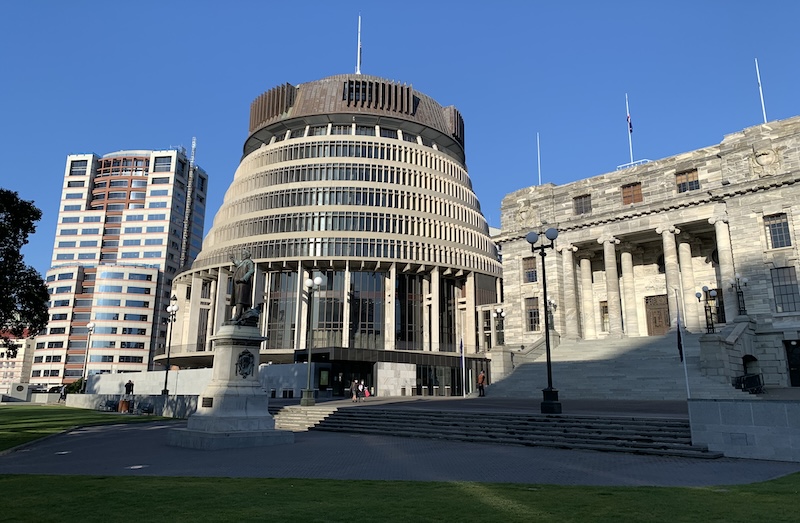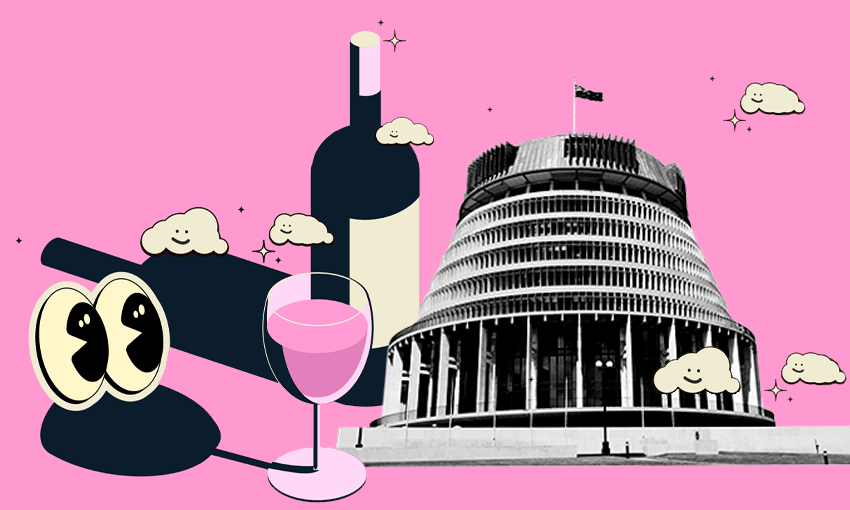Simon Maude/Stuff
Lake Pupuke was among the Auckland lakes given a rating of ‘poor’.
More than two-thirds of Auckland’s lakes tested by scientists are below the bottom line for biodiversity and native vegetation, a new report shows.
The National Institute for Water and Atmospheric Research (Niwa) assessed the ecological condition of 15 natural lakes within the Auckland region.
While there were some positives to be gleaned, the report showed native vegetation and biodiversity in the majority of lakes was low – an indicator of poor water quality.
It comes after a report on Auckland’s rivers, covering the year 2020, showed the majority had high E coli levels.
READ MORE:
* Exploring New Zealand’s lakes while keeping your feet dry
* Predatory plant breeds in abundance after Lake Poaka restoration project
* Northland council wins battle against oxygen weed in Far North lake
In the most recent report for Auckland Council, Niwa used the Lake Submerged Plant Index to give each lake an overall health rating. It took into account native conditions (biodiversity and native vegetation) and the impact of invasive species.
Of the 15 lakes, six were non-vegetated and not given a score.
Of the remaining nine, two were healthy, two moderate and five poor.
Pupuke, Pehiakura, Kawaupaku, Okaihau and Kuwakatai were the lakes given the score of ‘poor’.
The majority of lakes did well when tested for invasive impact, but did poorly on native conditions – where 69% fell below the national bottom line.
Supplied
Native vegetation provides a habitat, food and oxygen in lakes.
More than half the lakes were in a stable condition, but Auckland Council scientist Dr Jane Groom said improvements were wanted.
Some of the lakes were degraded and in poor ecological health, she said.
Submerged vegetation created a habitat for fish, provided a food source and added oxygen to the water, Groom said.
Work was in a trial phase to see how the problem could be best combatted, she said.
Watercare
The Waikato River and the location where Auckland draws water into its pipeline
The public could do their bit to help by checking to make sure they did not bring invasive weeds onto the lakes on themselves, their equipment or boats, she said.
When compared to the rest of the country, Auckland had no lakes in the ‘excellent’ category, less in the ‘high’ and ‘moderate’ category and more in the ‘poor’ category.
However, the comparison was slightly skewed, Groom said – there were regions with lakes in alpine environments which were away from human pressures, while Auckland’s were mostly lowland and surrounded by a rural environment.
The testing was done between December 2021 and April 2022.





















Discussion about this post